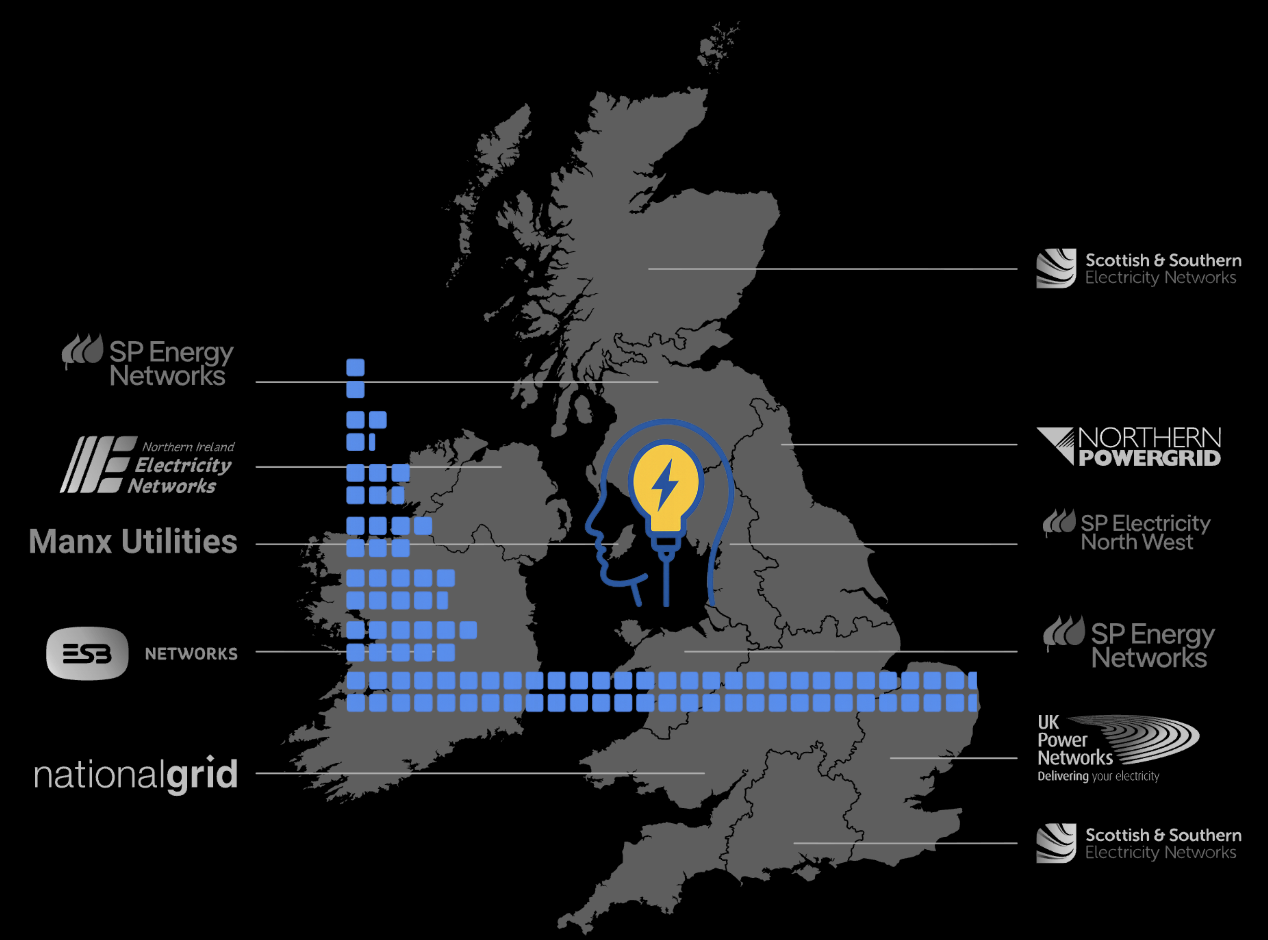
Consultation discussion - families get more choice over home upgrades
As the UK accelerates its path towards net zero by 2050, two key policy levers stand out: improving the effectiveness of the Boiler Upgrade Scheme (BUS) and considering the mandatory inclusion of solar PV on new builds. With consultation processes now underway from DESNZ, the direction set today will determine how inclusive, affordable, and effective our low-carbon transition becomes.
Drawing on market insights, industry data, and international best practice, we outline practical, evidence-based recommendations to inform the Government’s evolving approach benefitting both households and businesses alike.
1. Expand and Streamline Financing to Maximise Adoption
Recommendation: Increase the financial accessibility and scope of the Boiler Upgrade Scheme to reflect rising installation costs and enhance uptake in underrepresented segments. Supporting evidence for this approach:
- Ofgem’s 2023–24 annual report, air source heat pumps represented over 96% of installations, indicating limited uptake of other viable technologies like ground source heat pumps—often due to higher upfront costs.
- While the uplift to £7,500 has improved affordability, middle- to lower-income households and small business premises often still struggle with the remaining capital costs. A tiered or means-tested model used effectively in Scandinavian countries could address this gap as could increasing the flexibility of financial instruments available. For example, asset backed financing or power purchase agreement models used effectively in Solar PV generation could be applied to Heat Pump financing.
- Delays in application processing and installer availability have also impacted uptake. Simplifying the grant application process and providing pre-approval guarantees would reduce friction and help installers avoid cashflow challenges that inhibit growth.
Policy Consideration:
Introduce a single financing platform that integrates assessment, approval, and installer allocation to reduce administrative burden and improve user confidence.
2. Support Workforce Capacity and Regional Installer Access
Recommendation: Increase investment in heat pump installer training and regional delivery capacity especially in rural and hard-to-treat areas. Supporting evidence for this approach:
- The Heat Pump Association reports a shortfall of over 10,000 trained installers, which is expected to widen as demand rises.
- Regional disparities in installer access have led to long waiting times and higher costs outside metropolitan areas.
Policy Consideration:
Embed workforce incentives such as apprenticeship funding and regional business grants to stimulate SME participation in the supply chain not simply awarding growth and support to existing incumbents who have in some cases undermined this transition.
3. Mandate Solar Panels on All Suitable New Builds
Recommendation: Require solar PV systems on all new-build homes and commercial buildings where technically feasible as opposed to rigid coverage targets, with flexible implementation pathways. Supporting evidence for this approach:
- The UK Green Building Council (UKGBC) highlights that solar PV on new builds is up to 50% more cost-effective than retrofitting due to integrated design and installation efficiencies.
- London and Scotland already have policies in place mandating on-site renewables, showing strong early performance. A national rollout could deliver over 2.5GW of capacity by 2030, according to Solar Energy UK with larger rollouts reducing costs, increasing ROI and ultimately reducing carbon footprint
- Public opinion is also aligned, over 75% of UK adults support rooftop solar mandates (YouGov, 2023).
Policy Consideration:
Adopt a “solar-ready” standard in Building Regulations, requiring either installation or provisions for future integration (e.g., wiring, orientation) where technically feasible.
4. Align Solar and Heat Pump Policy Through Whole-Building Efficiency
Recommendation: Encourage integrated design of heating and solar technologies, with co-funding options and shared infrastructure incentives. Supporting evidence for this approach:
- Heat pumps work most efficiently in well-insulated homes and when paired with solar PV to offset daytime electricity use.
- New Zealand’s whole-building grant scheme incentivises energy efficiency, heating, and solar simultaneously streamlining both investment and emissions reductions.
Policy Consideration:
Launch a “Low Carbon Build Bonus” a co-funding programme that rewards developers for bundling low-carbon features, including heat pumps, solar, battery storage, and insulation.
5. Strengthen Public Awareness and Behavioural Support
Recommendation: Expand communications campaigns and community pilot schemes to increase consumer confidence in both technologies. Supporting evidence for this approach:
- Research by the Behavioural Insights Team shows that peer-to-peer learning and trusted local installers are more persuasive than top-down messages.
- Misconceptions about the effectiveness of heat pumps in winter and the value of solar in the UK’s climate persist, despite robust counter-evidence.
Policy Consideration:
Partner with local authorities, specialist businesses and non-profits to deliver place-based education campaigns and demonstration homes and projects.
Final Thoughts: A Call for Integrated, Forward-Thinking Policy
To deliver on the UK’s net zero commitments, we must move beyond fragmented incentives and reactive policy. The current consultation period offers a rare opportunity to co-design future-proof, inclusive systems that meet both national targets and household or business needs. By integrating the above recommendations grounded in evidence, tested internationally, and aligned with market realities, we can deliver a heating and energy strategy that is not just technically effective, but socially and economically equitable.
This article was developed by Renbee in response to the current policy consultation process to promote discussion and does not represent a forma repsponse which we will be doing so through the appropriate channels. We welcome dialogue with policymakers, industry leaders, and the public to support a shared vision for a greener built environment.
